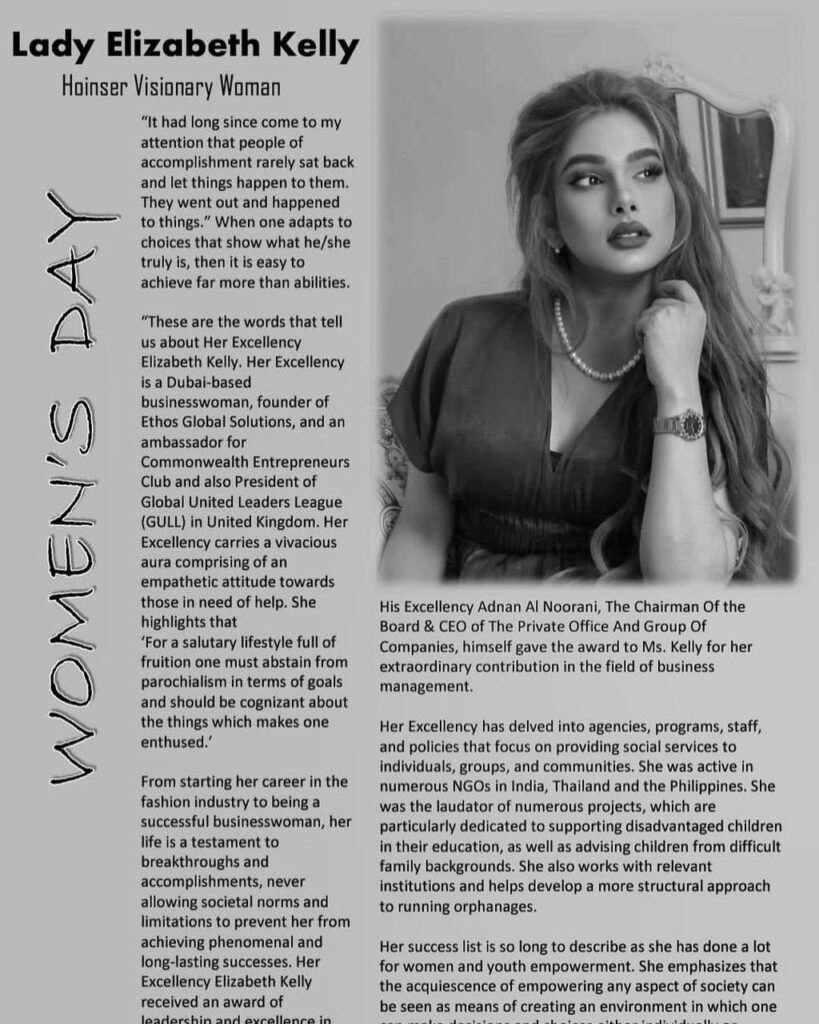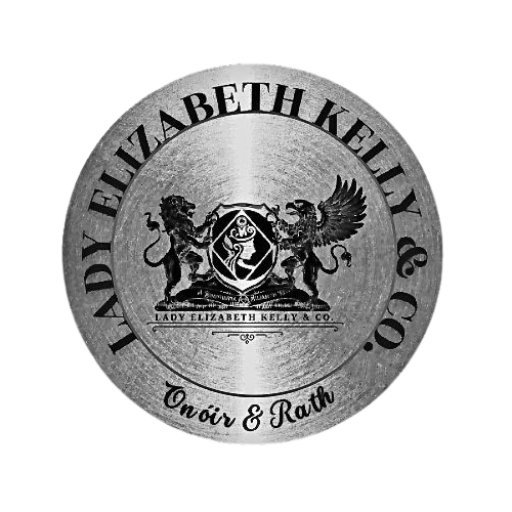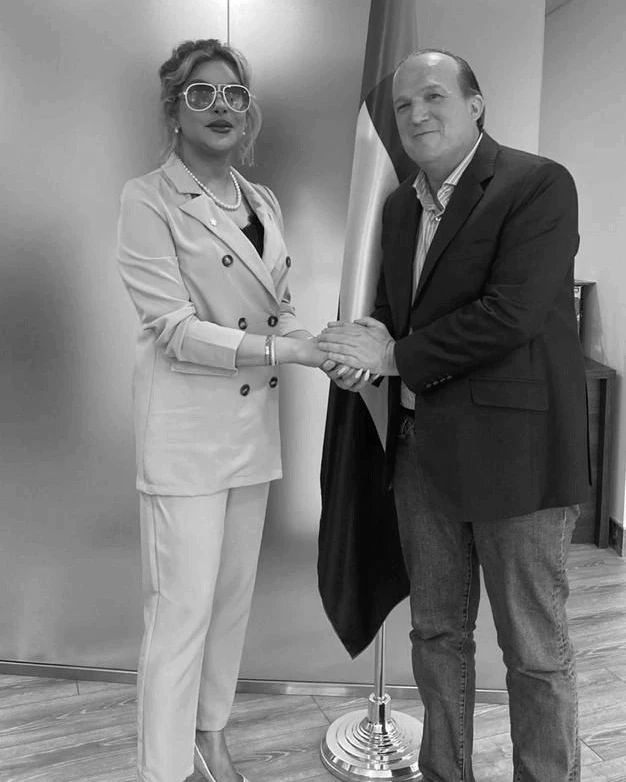History reveals that when women and girls have equal access to opportunities, societies become more meritocratic, economies thrive, and governments serve the needs of all their citizens. One of the most strenuous impediments that aspiring leaders, whether male or female, must surmount are exploring to communicate their perspectives vision of the future—to a broad variety of stakeholders. Presenting an exquisite future story is different from developing a great strategic analysis or creating a reasonable execution strategy.
Recently, The Abrahamic Business Circle has presented Insignia (Symbol of the Circle) to one of the most prominent businesswomen and a leader not only in GCC but also around the world- Lady Elizabeth Kelly.
Lady Elizabeth Kelly is a Dubai-based businesswoman, founder of Ethos Global Solutions, President at Eureka Brussels in UAE, and also UN Peace Ambassador through Universal Peace Council. Her success list is so long to describe as she has done a lot for women and youth empowerment and motivated them to remove thoughts that deal with parochialism. She emphasizes that the acquiescence of empowering any aspect of society can be seen as means of creating an environment in which one can make decisions and choices either individually or collectively for social transformation.

Lady Elizabeth Kelly states that it has long been acknowledged that there is a juxtaposition between management and leadership. Most people believe that managing for continual improvement to the status quo is not the same as being a force for change that forces a group to innovate and deviate from the norm. And, if leadership is really about effecting change, then creating and communicating a vision of a better future is a leadership prerequisite. There is no vision, no leadership.
She further elaborates that, we create the way for others to be themselves and stand forward as leaders when we amplify our leadership potential and exemplify our unique talents to the world. Our obligation is more than merely being a leader for ourselves; we have the capabilities to set a good example for others and motivate them to take risks and become more conspicuous themselves. When we are propelled by altruism, our endeavors become more substantial, and our sensations of dread or discomfort diminish.
A common obstacle for female leaders is that they often lack the presumption of competence according to their male peers.
As a result, women are less inclined to go out on a limb, extrapolating from facts and figures to more readily contested conclusions. When people, male or female, believe they are “guilty until proven innocent,” they assume a defensive, often stiff, stance, depending less on their imagination and inventiveness and sticking to safe alternatives.
Lady Elizabeth Kelly highlights that, gender stereotypes encourage us to expect emotional, collaborative women and logical, directive males, which exacerbates the presumption-of-competence effect. When males talk from the heart or manage collaboratively, it is interpreted as evidence of range, which is a positive. Women’s emotional communication or inclusive approach, on the other hand, is implicitly perceived as proof of incompetence or refusal to do otherwise, even when the circumstance demands it.
It’s one thing for a woman who believes she is being misconstrued to vow to adjust some habits in order to communicate the expertise and substance she has to give. It’s quite another when her self-concept has gotten tainted by the same prejudices.
Lady Elizabeth Kelly emphasises that, “Women confront distinct hurdles in their drives to make an effect, from philanthropy to investment to business. Despite these cultural and institutional barriers, women continue to ascend through the ranks of impact-focused firms, shattering old paradigms and developing stronger, more inclusive business models.”

